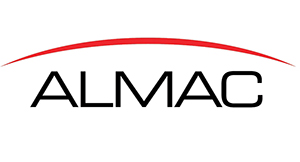Outsourcing, which began simply as a means to allow better resource utilisation to increase productivity, has developed into a strategy for achieving wider benefits, such as overcoming trade barriers and gaining entry into foreign markets, or gaining access to new technology, with reduced investment cost. Today, in addition to manufacturing, opportunities exist in all areas: drug discovery, clinical trial management, logistics, IT and many other functions.
In a recent article by Jim Zhang, President, JZMed,1 published by GSC (a non-profit organisation focused on sustainable, socially responsible sourcing practices), the author notes that along with changing discovery research strategies and practices, major pharma and biopharma companies have shifted their outsourcing strategy from a risk-sharing model to a more technology-concentrated partnership. Discovering new therapeutic targets and thoroughly validating them have become the new priorities of drug discovery research, it says, and the integrated drug discovery outsourcing model has become the prevailing trend.

